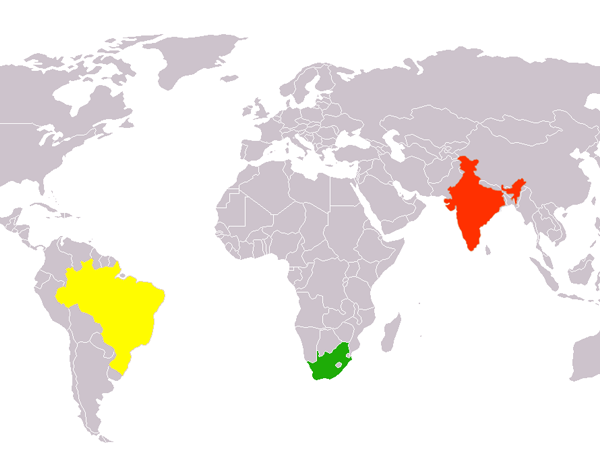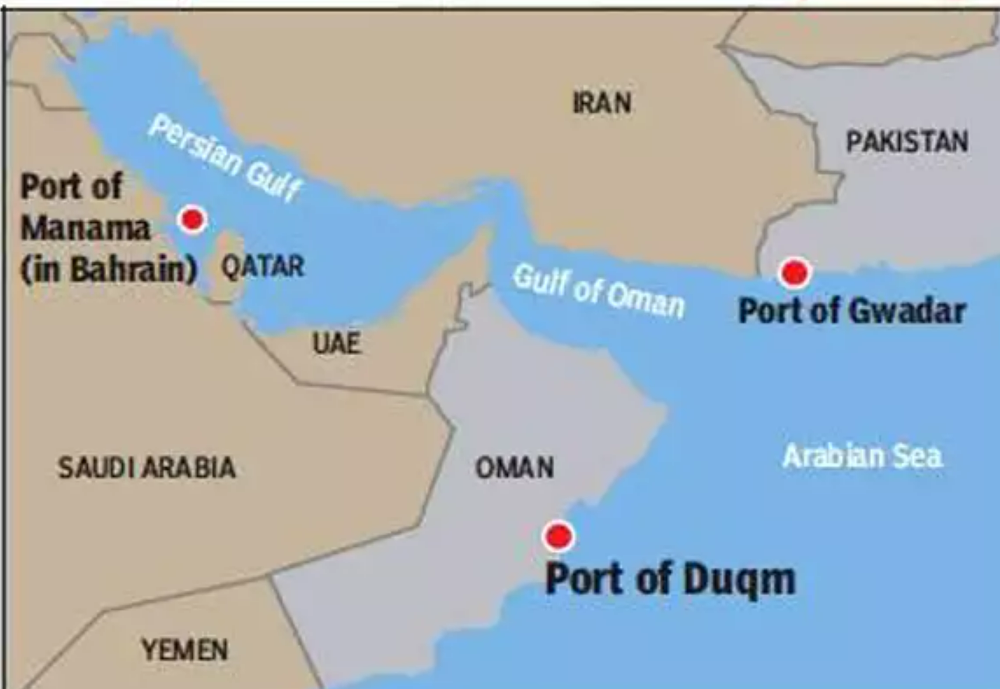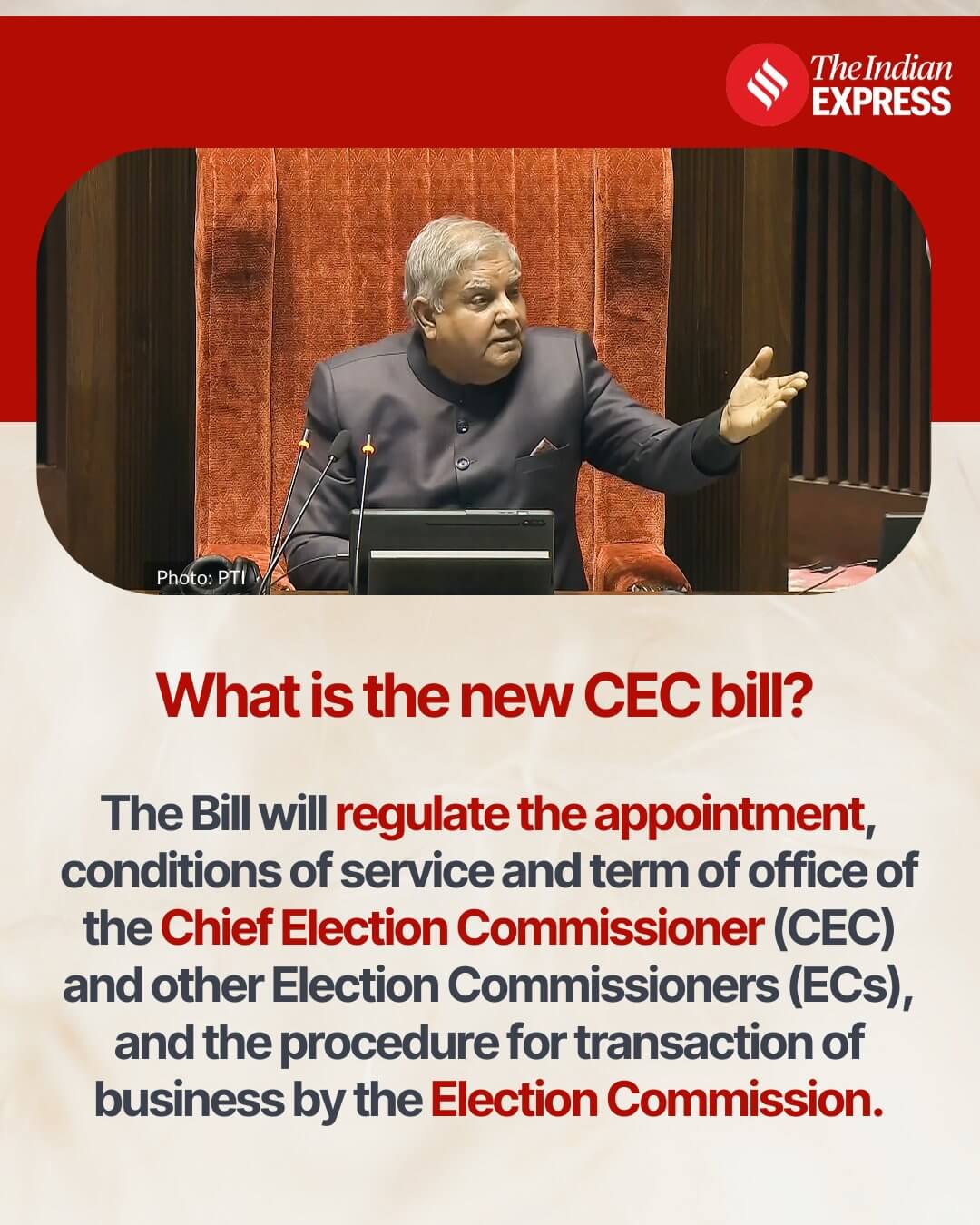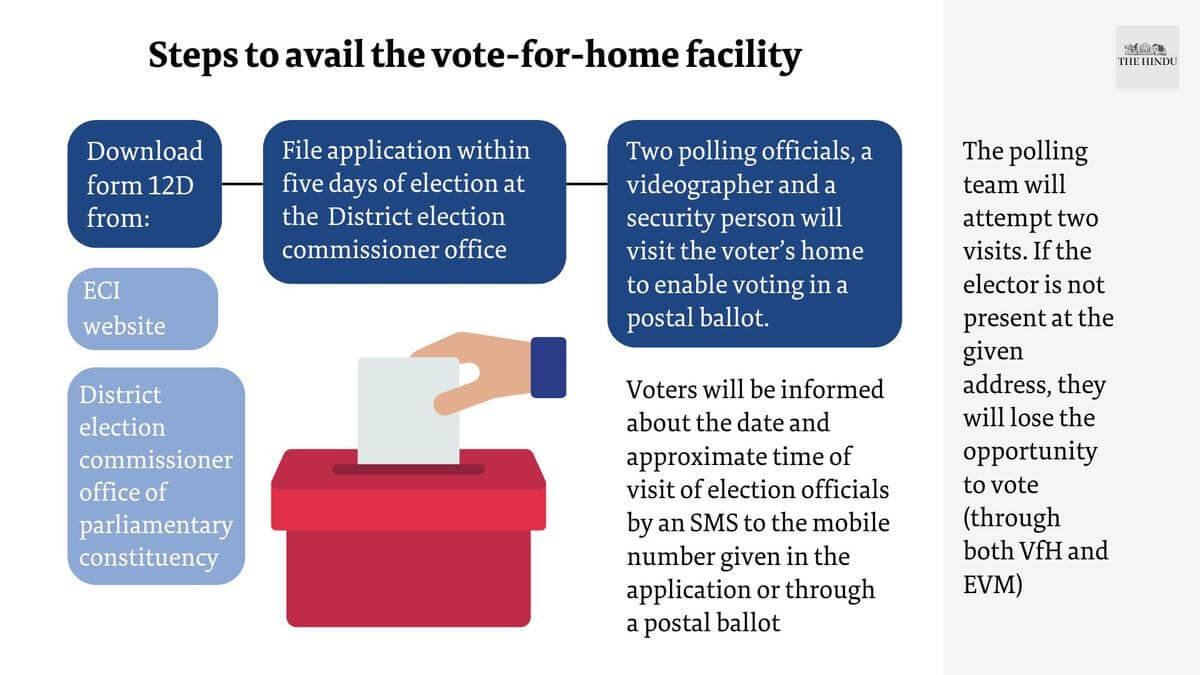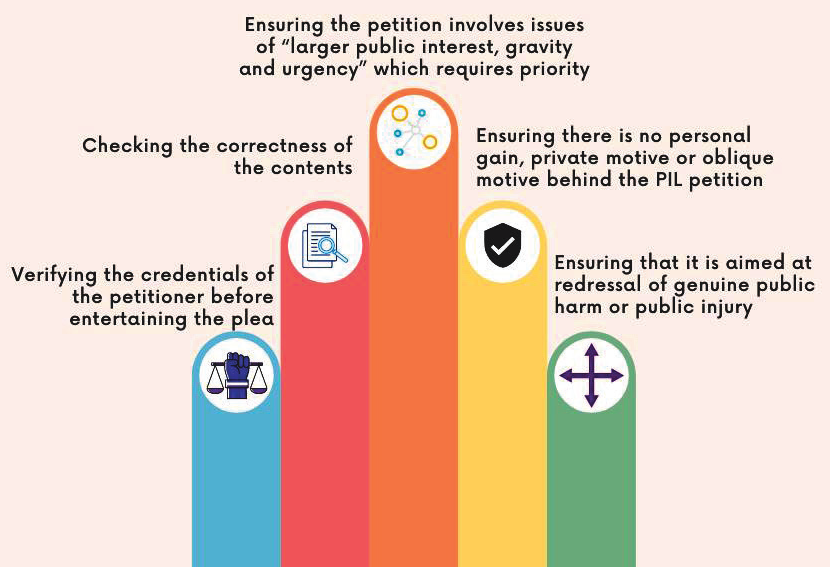
Electoral Funding in India
Subscribers of "Current Affairs" course can Download Daily Current Affairs in PDF/DOC
Subscribe to Never Miss an Important Update! Assured Discounts on New Products!
Must Join PMF IAS Telegram Channel & PMF IAS History Telegram Channel
- Context (TH): With General elections coming up and the SC verdict on electoral bonds, Election campaign funding is once again in the news.
- Last year, the expenditure limit for candidates for LS constituencies was increased from Rs 54 lakh-Rs 70 lakh (depending on states) to Rs 70 lakh-Rs 95 lakh by the ECI.
- The spending limit for Assembly constituencies was hiked from Rs 20 lakh—Rs 28 lakh to Rs 28 lakh—Rs 40 lakh (depending on the state).
- The enhanced amount of Rs 40 lakh would apply in Uttar Pradesh, Uttarakhand and Punjab and ₹28 lakh in Goa and Manipur.
Cost Inflation Index (CII)
|
Importance of electoral funding in a parliamentary democracy
- In a democratic nation, it is crucial for the government to disseminate information about its policies and initiatives.
- During the initial decades of independence in India, this was predominantly achieved through public meetings.
- However, over the past three decades, awareness has been promoted through advertisements in print and electronic media, given their extensive reach.
- Conducting Elections: Elections in India are the largest democratic exercise in the world.
- With a population of over 1.3 billion, the country requires a significant amount of funds to conduct elections in a free and fair manner.
- Cost of Campaigning: Election campaigns in India have become increasingly expensive. Political parties and candidates spend a large amount of money on advertising, rallies, and other activities.
- Democratic Participation: Adequate electoral funding can encourage greater democratic participation by allowing more individuals to run for office and compete in elections.
- This can lead to a more diverse range of candidates and ideas, which can enrich the democratic process.
Some relevant facts on Election Spending in India
|
Electoral funding ecosystem in India
- Section 29C of the Representation of People’s Act (RPA), 1951: A political party shall prepare a report on the contribution in excess of twenty thousand rupees received from any person in that financial year.
- Section 77 of the RPA, 1951: Every candidate shall keep a separate and correct account of all expenditures incurred from nomination to results declaration.
- Section 10A of RPA, 1951: All candidates are required to submit their expenditure statement to the ECI within 30 days of the completion of the elections. An incorrect account or expenditure beyond the cap can result in the ECI disqualifying the candidate for up to three years.
- The limit prescribed by the ECI is meant for legitimate expenditure because a lot of money in elections is spent for illegitimate purposes.
- It has often been argued that these limits are unrealistic as the candidate’s actual expenditures are much higher.
- In 2019, a private member bill was introduced in the Parliament, proposing to abolish the cap on election spending by candidates.
- The ceiling on election expenses is counterproductive, encouraging candidates to under-report their expenditures.
- There is no cap on a political party’s expenditures, which its candidates often exploit.
- However, all registered political parties have to submit a statement of their election expenditure to the ECI within 90 days of the completion of the elections.
- Individual Donations: A limit of Rs. 2,000 per person has been set for cash donations. In contrast, donations above this limit must be made through other permissible modes of payment, such as cheques or digital transactions.
- Corporate Donations: Companies, both Indian and foreign, are allowed to make donations to political parties in India. They are required to disclose the details of the contributions made to the parties in their annual report to the Ministry of Corporate Affairs.
- Electoral Trusts: Electoral trusts are set up by various organisations to provide a transparent mechanism for political funding. These trusts are required to disclose the details of the contributions received and the donations made to political parties.
- Electoral Bonds: Electoral bonds, introduced in 2018, can be purchased by individuals or companies from designated banks and donated to political parties.
- These bonds could have been redeemed only by political parties and are anonymous.
Challenges pertaining to electoral funding practices in India
- Anonymity of donations through Electoral Bonds: It has made it easier for companies, wealthy individuals, and foreign entities to make anonymous donations to political parties.
- The ceiling on cash donations has been lowered: The limit for anonymous cash donations by any individual to a political party has been reduced from ₹20,000 to ₹2,000, leading to more anonymous donations.
- Cap on corporate contributions lifted: The limit on corporate donations up to 7.5 per cent of a company’s net profit for the past three financial years has been removed.
- This has increased the politico-corporate nexus, and hence, the role of ‘Big Money’ can influence elections in favour of corporations.
- Foreign funding allowed: Political parties are allowed to receive foreign funds.
- Hence, the amendment to the Foreign Contribution (Regulation) Act 2010 has raised concerns about the potential influence of foreign entities on Indian politics.
- Influence of black money: Another major challenge in electoral funding in India is the influence of black money.
- Many political parties receive donations in cash, making it difficult to trace the source of the funds.
- High election costs: Running for office in India is expensive, which can disadvantage smaller parties.
- The cost of campaigning can be a significant barrier to entry for new or smaller political parties, limiting the diversity of political representation.
Global examples regarding electoral funding
- Some measures that have been followed by various countries for electoral funding:
- United States: The Tillman Act of 1907 made it illegal for corporations and national banks to make financial contributions to candidates running for public office.
- United Kingdom: The Political Parties Elections and Referendums Act of 2000 has banned company donations without the prior approval of shareholders.
- France: France has introduced state funding, subsidies, strict disclosure legislations, robust reporting of the donations to political parties by the media, and a ban on corporate contributions and business houses.
- Germany: Reliance on state funding alienated the masses from the political parties, who felt no need to connect with the majority of the population.
- In 1994, a Constitutional Court held that over-reliance on state funding was not an effective tool.
Reforms suggested regarding electoral funding in India?
- State Funding of Elections: The 2nd Administrative Reforms Commission (ARC), Dinesh Goswami Committee (1990), and other entities have proposed state funding of elections.
- Transparency in Electoral Bonds: Electoral bonds can be effective and transparent if donors are disclosed, restrictions on the quantum of funds that can be donated are imposed, and political parties are required to disclose their sources of funding.
- National Election Fund: Former Chief Election Commissioner T.S. Krishnamurthy has recommended exploring the possibility of a National Election Fund with donations based on an agreed-upon principle, such as the number of votes received.
- Political parties under RTI: Bringing political parties within the purview of the Right to Information (RTI) Act would address the problems of utilising black money and promoting crony capitalism.
- Other Measures: Small donations, public subsidies, and membership fees, along with strict disclosure and reporting requirements, must be encouraged.
Recommendations on State Funding
Indrajit Gupta Committee (1998)
- It would ensure a level playing field for poorer political parties and argued that such a move would be in the public interest.
- State funds be given only to recognised national and state parties and that funding be provided in the form of accessible facilities to these parties and their candidates.
Law Commission Report (1999)
- State funding of elections is ‘desirable’, provided that political parties are prohibited from taking funds from other sources.
National Commission to Review the Working of the Constitution (2000)
- It did not support the idea but mentioned that an appropriate framework for the regulation of political parties needs to be implemented before state funding is considered.
Election Commission of India, 2016 report- Proposed Electoral Reforms
- To address the issue of electoral funding and ensure fair elections:
- A prohibition on government advertisements six months prior to any general election could be instituted.
- An amendment to the law should stipulate that a party’s financial assistance to its candidate must conform to the prescribed election expenditure limits for that candidate.
- Party expenditures ought to be capped, perhaps not exceeding the expenditure ceiling limit designated for a candidate multiplied by the number of candidates from the party contesting the election.
- The appointment of additional judges in High Courts could expedite the resolution of election-related cases and act as a deterrent against norm violations.





![PMF IAS Environment for UPSC 2022-23 [paperback] PMF IAS [Nov 30, 2021]…](https://pmfias.b-cdn.net/wp-content/uploads/2024/04/pmfiasenvironmentforupsc2022-23paperbackpmfiasnov302021.jpg)
